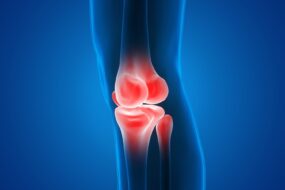Paralytic ileus is defined as a state in which there is the failure of transmission of peristaltic waves secondary to neuromuscular failure, that is, in the myenteric(Auerbach’s) and submucous (Meissner’s) plexuses.
The resultant stasis leads to the accumulation of fluid and gas within the bowel with associated distension, vomiting, decreased bowel sounds, and absolute constipation.
Causes
- Abdominal operations or injuries
- Surgical stress-induced sympathetic reflexes
- Inflammatory response-mediator release
- Anesthetic/Analgesic effects
Paralytic ileus varieties
Post-operative – A degree of ileus occurs after an abdominal procedure and recovers after 24-72 hours. However, the presence of hypoproteinemia or metabolic abnormality prolongs the ileus.
Infection – Intra-abdominal sepsis leads to localized or generalized ileus—for instance, appendicitis, diverticulitis, nephrolithiasis, cholecystitis, pancreatitis, and perforated duodenal ulcer.
Intestinal ischemia – Mesenteric embolism, ischemia, and thrombosis.
Metabolic – Uraemia and hyperkalemia are the most common contributory factors.
Reflex ileus – May be caused by fractures of the spine or ribs, retroperitoneal hemorrhage, or even the application of a plaster jacket.
Clinical features
- Abdominal swelling, distension, or bloating
- Constipation
- Cramping
- Decreased appetite
- Diarrhea
- Nausea, with or without vomiting
- Lack of bowel sounds
- Lower abdominal pain
Treatment
Paralytic ileus is self-limiting. Treatment may include
- Electrolyte replacement
- Intravenous fluid and nutrition, if necessary
- Oral and food restrictions to allow the bowel to rest
- Walking, which may require physical assistance












